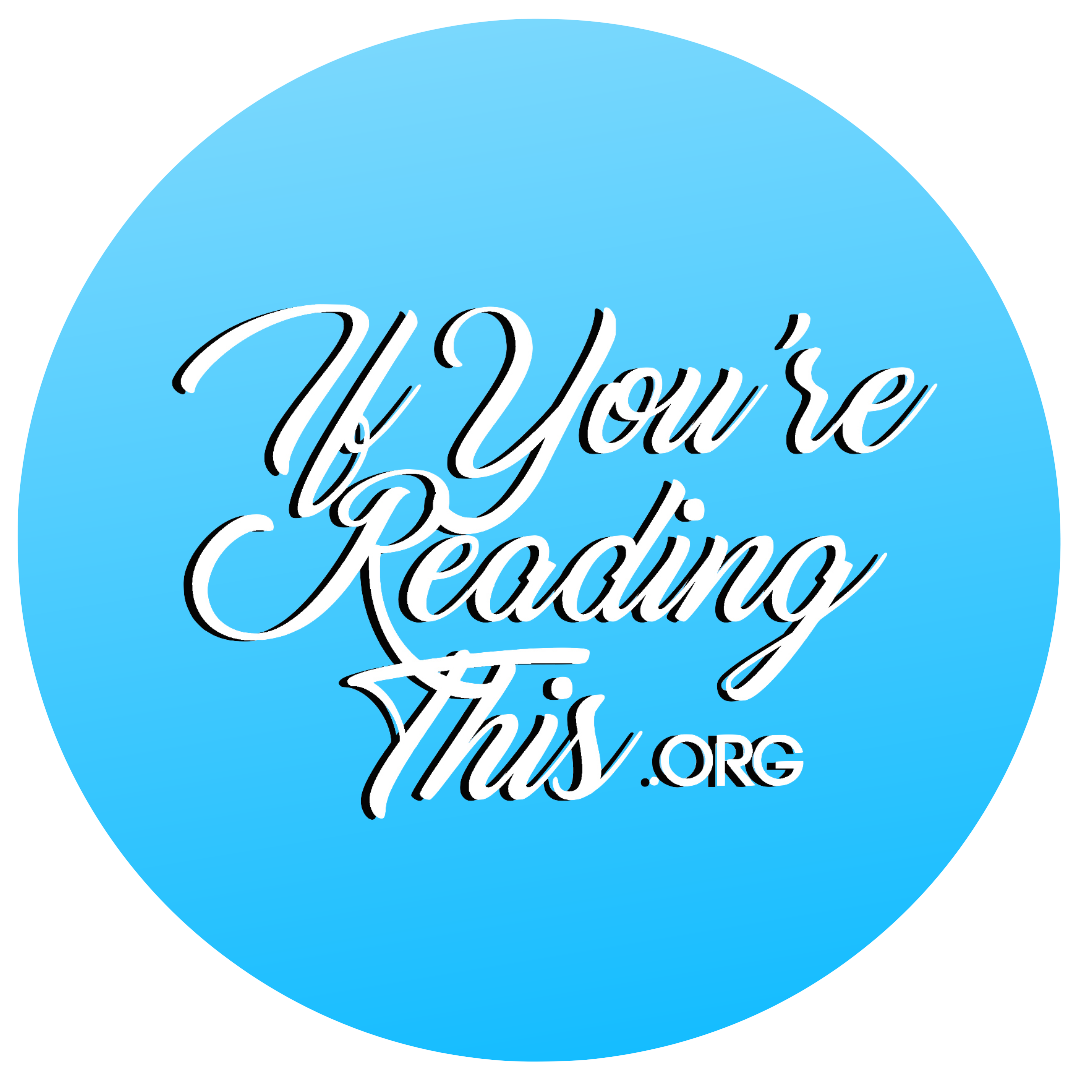Trigger warning for those struggling with eating disorders and suicidal thoughts:
If you're reading this,
I’m not going to tell you to just get your ass out of bed. Or to stop worrying; or to just eat “normally,” whatever that means.
In my experience, one of the most damaging things about mental illness, or shall we say mental ~unwellness~, is the isolation that comes with it. The lack of education combined with unhelpful advice from white wannabe-shaman yoga moms can make you feel like you are the only person in the world who can understand; that, by itself, is the beginning of a cycle that perpetuates sinking deeper into negative thoughts that cloud your mind.
That is how I felt at 17 and, at times, still now. I cannot know exactly what you may be experiencing, but I can tell you this — millions of people have felt what you are feeling, and your brain, however brilliant it may be, is lying to you.
Two years ago, I was deeply immersed in my own personal hell of Anorexia, Bulimia, and Major Depressive Disorder. Though mental illness is out of anyone’s control, in retrospect, my eating disorder and related suicidal thoughts worsened when I shut out everyone who cared about me. This made me spiral into an obsession with ultimately useless statistics.
No matter who you are, there is someone who cares. Don’t immediately rebuttal that; think about it. There are people who want you to talk about it, and people who want to listen. Maybe even ones who are worried about you, but too afraid to bring it up.
That sure was my case; I had a breaking point one night where I began sobbing over a plate of food during family dinner, and when my mother painfully dragged the information out of me, her first words were, “I know.” I just wasn't ready to face that I was not at all ok, and she knew that. You have to know that you deserve joy and mental and physical health to be able to pursue it. And trust me, you do.
It might be the hardest thing you ever do, but in order to grow, you need to face yourself head-on. Be honest with others whom you trust, and most importantly, with yourself.
The last thing that I have to say, from my admittedly limited experience, is that recovery is not another contest or another thing you have to do “perfectly.” Take your time. You might not want to journal on day one, but a few months later you may pick up that notebook and start writing shitty poetry, or drawing again, or naming your thoughts. And maybe it will feel nice.
“Getting better” will never be linear, nor will it be one-size-fits-all. There might be days years later that will feel all too familiar, but you will be able to look back and give yourself credit for your hard work —- because it is hard. But I believe in you and your resilience, your ability to clear that mental fog and be kind to yourself. And I am not the only one; soon enough, you will too.
Chase B.
Wake Forest ‘25
AUTHOR CONTACT
This author has opted to allow readers who resonate with their story to contact them. If you would like to speak to the author of this letter about their experience, please use the form below.

